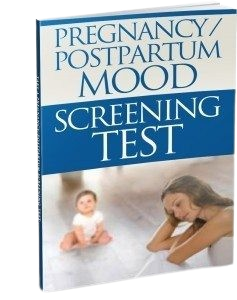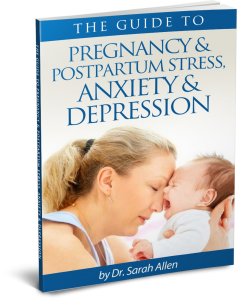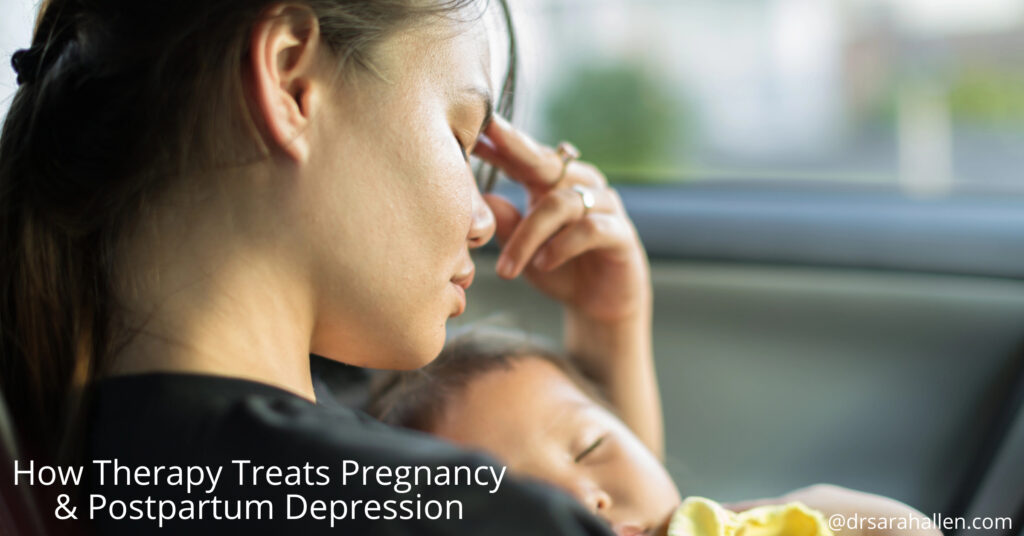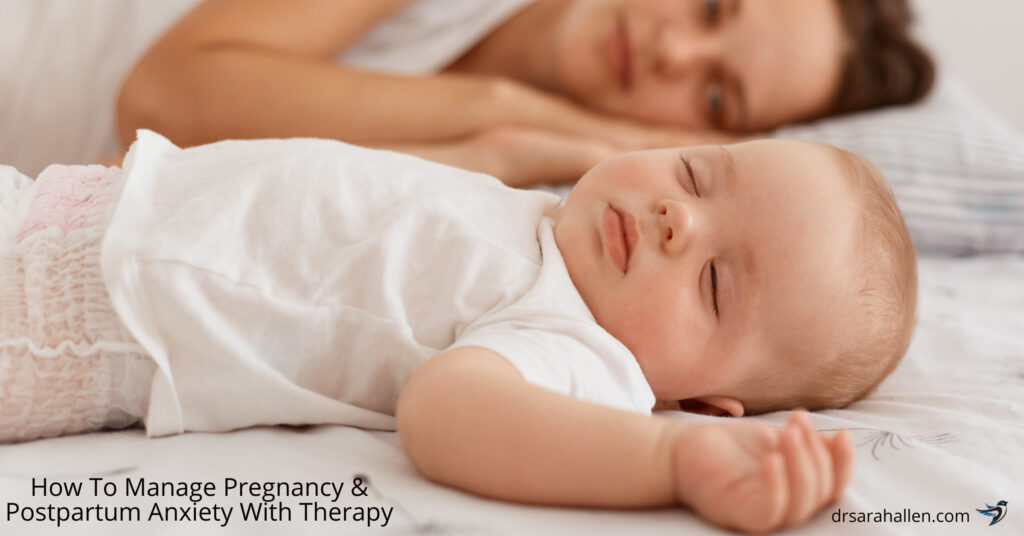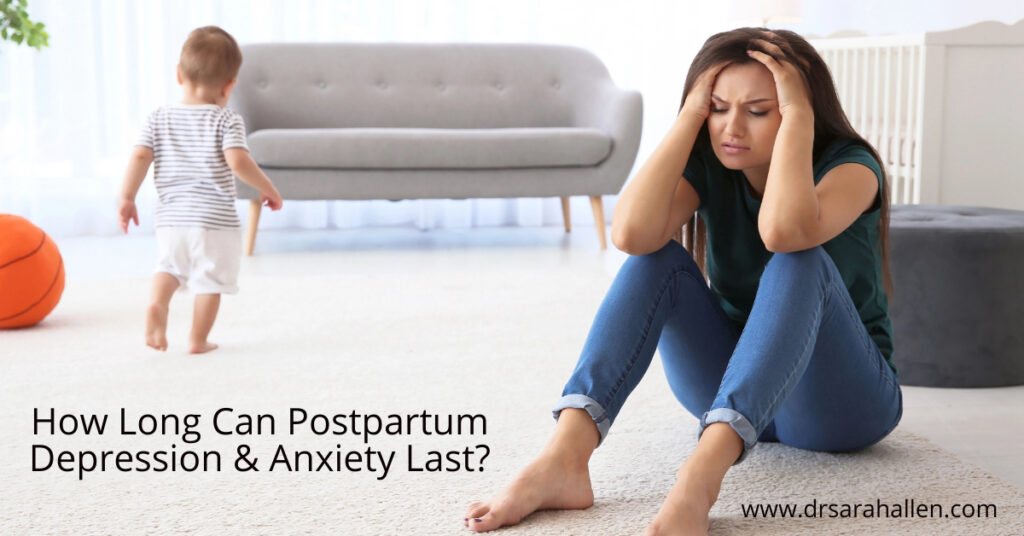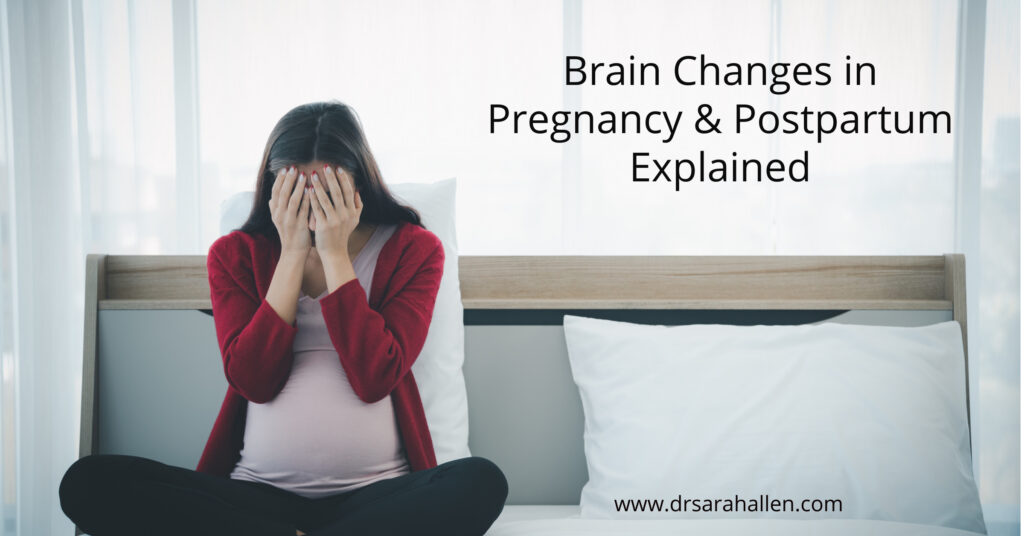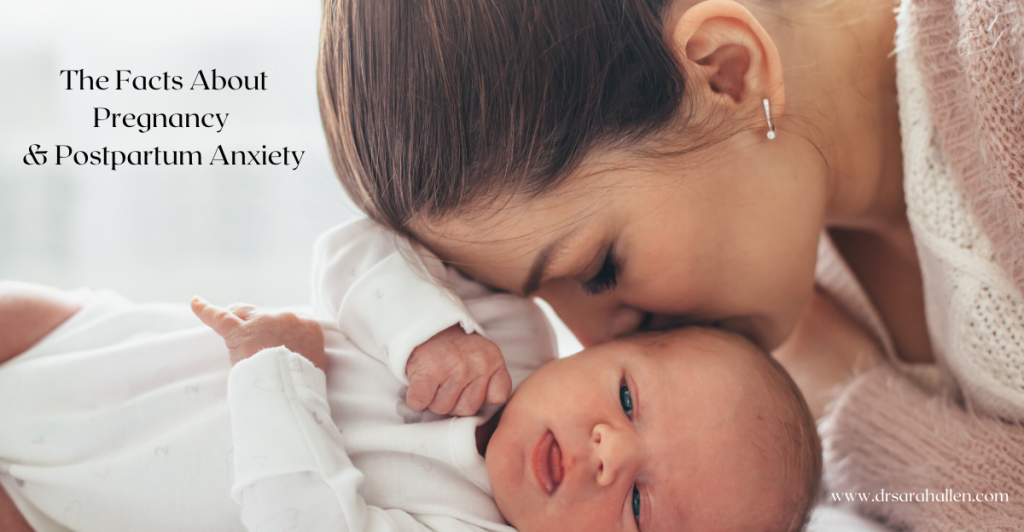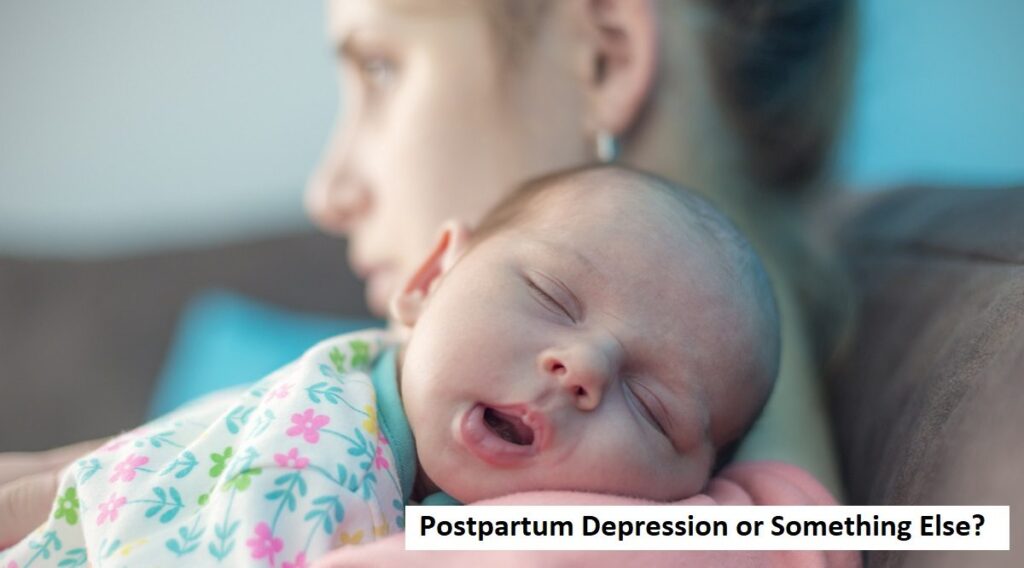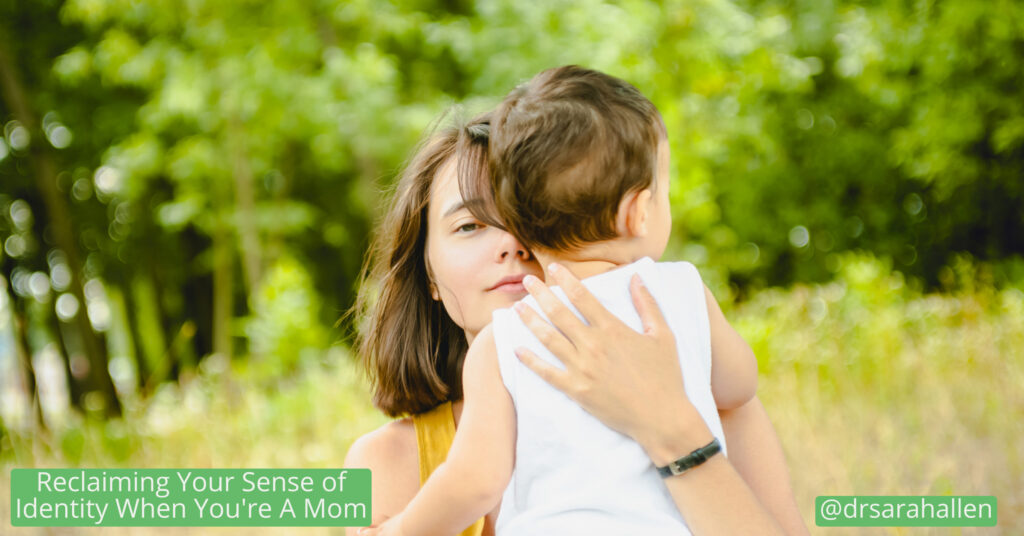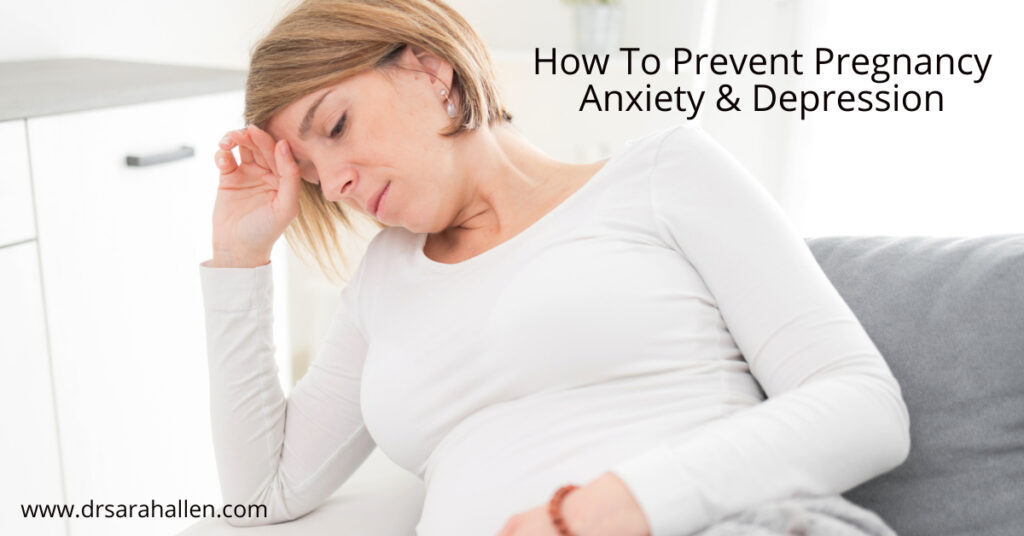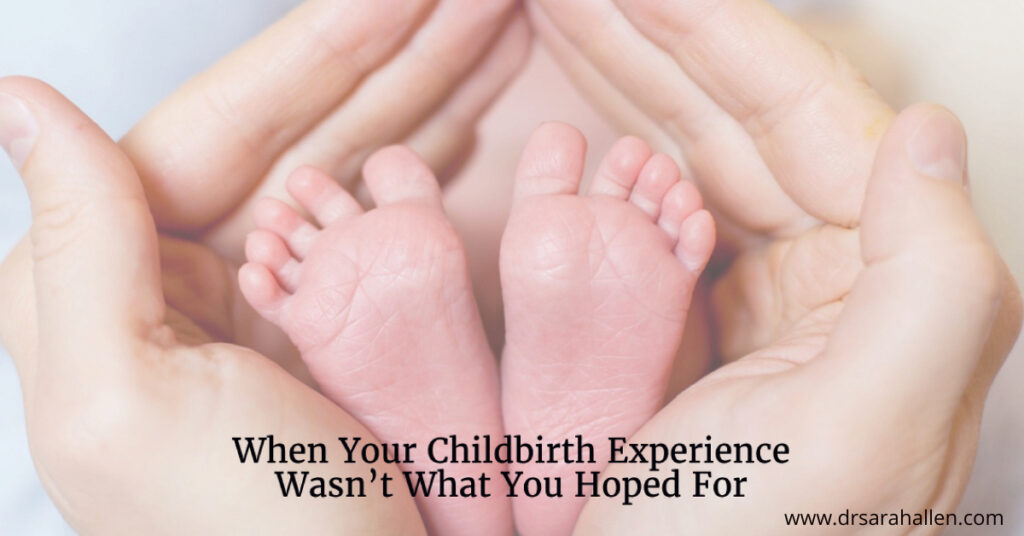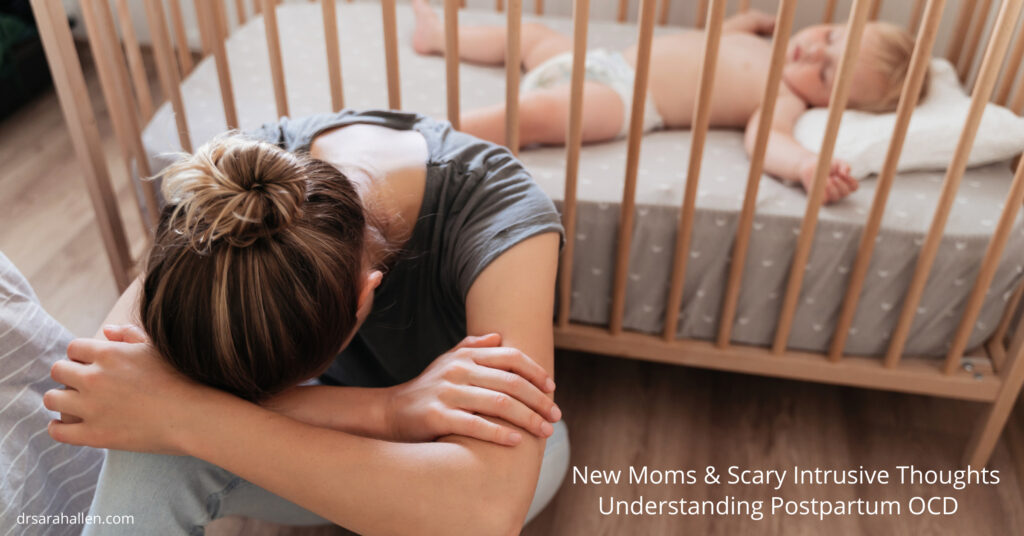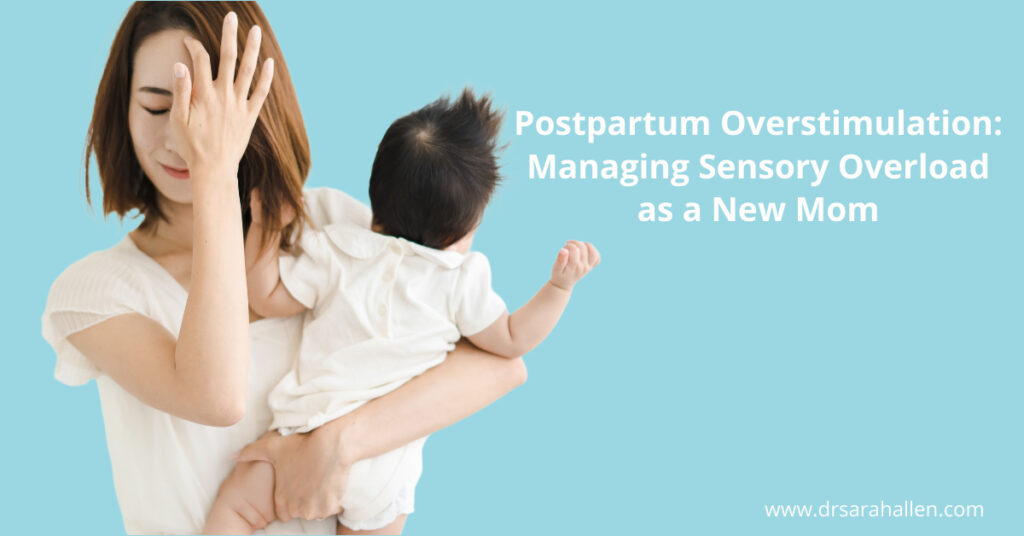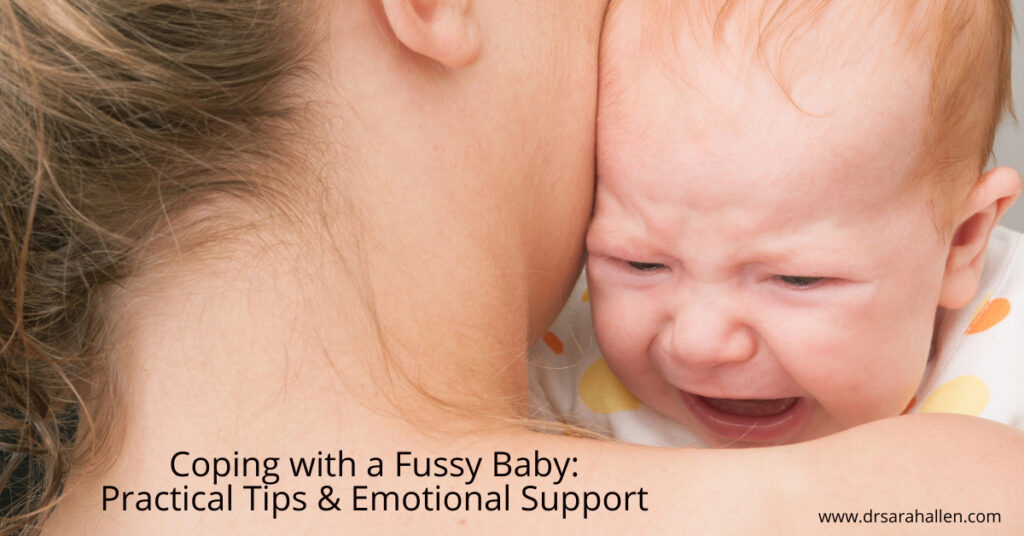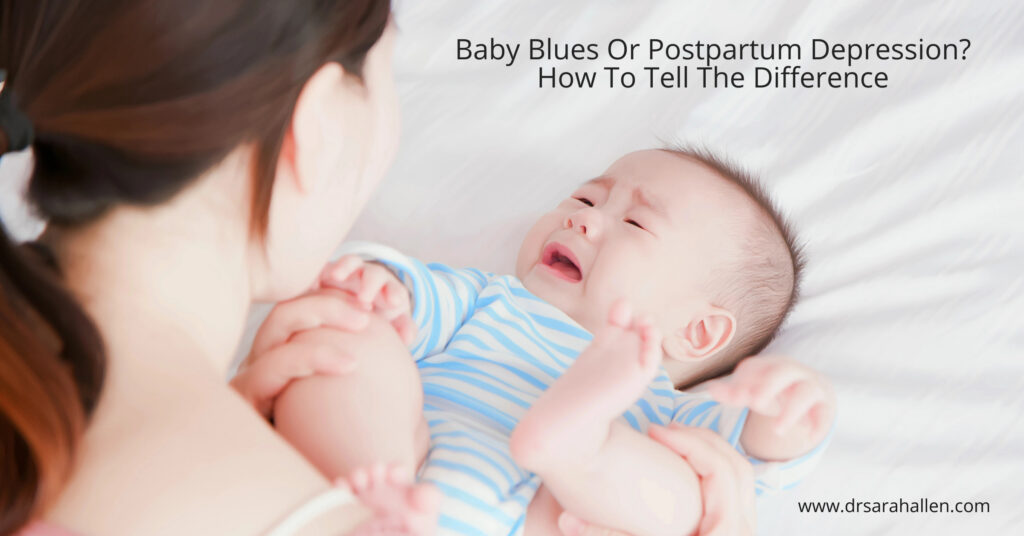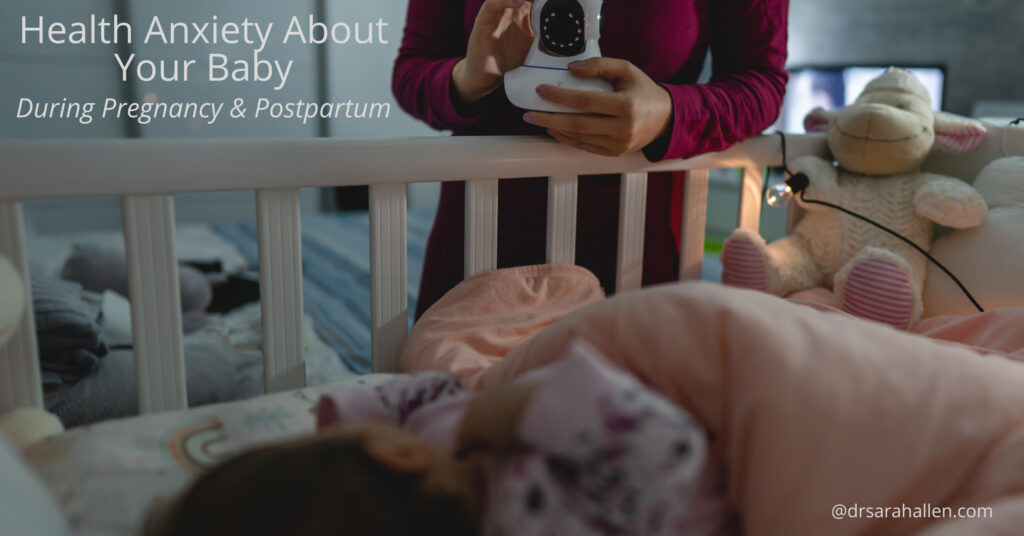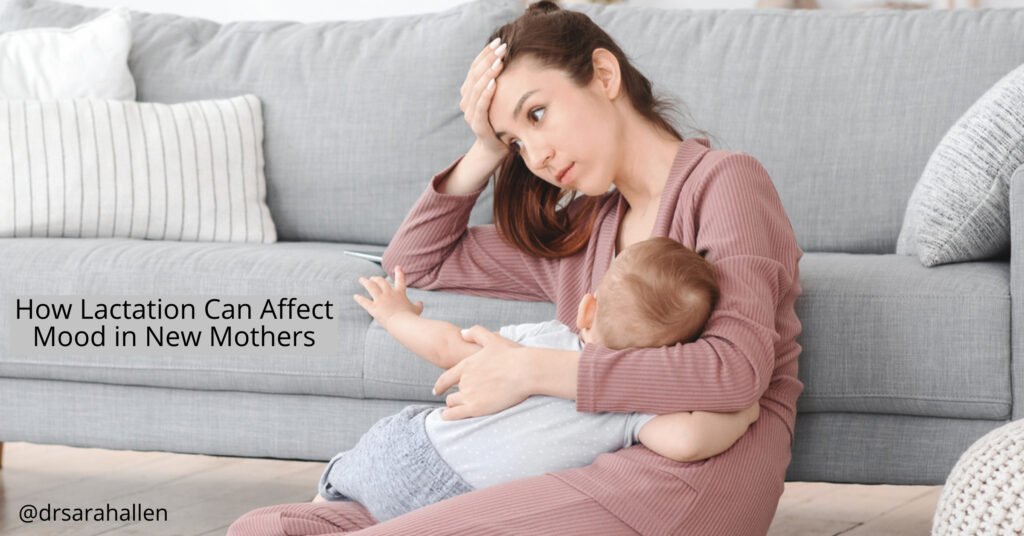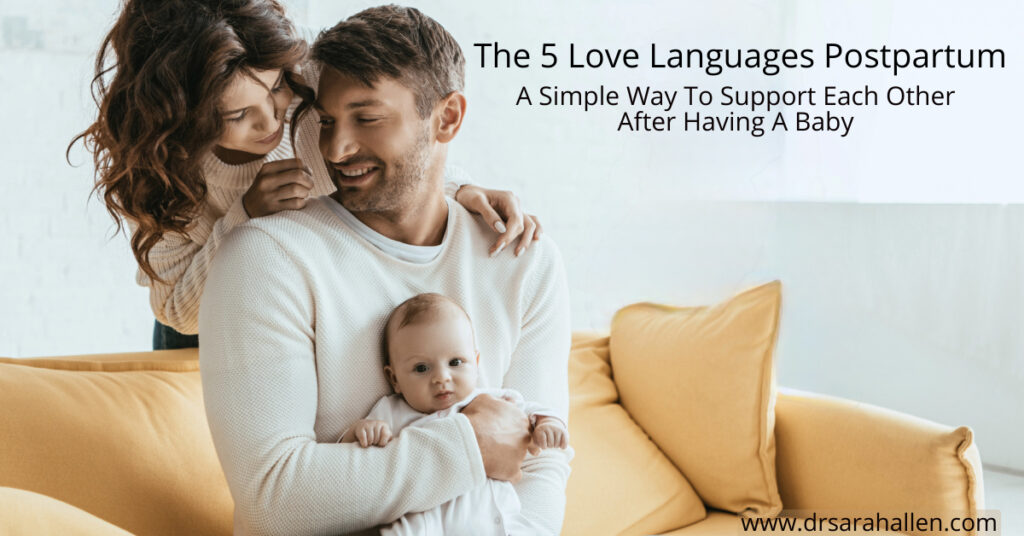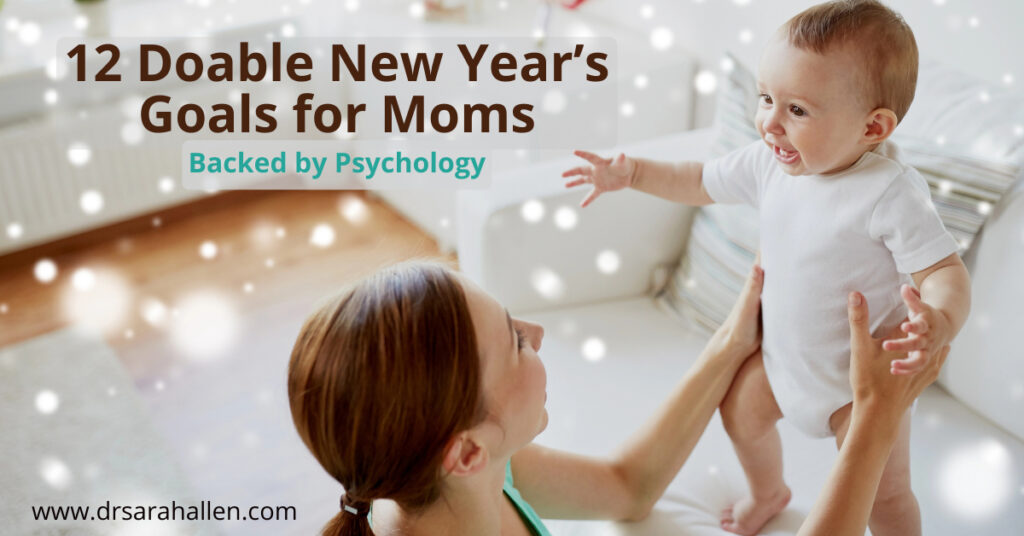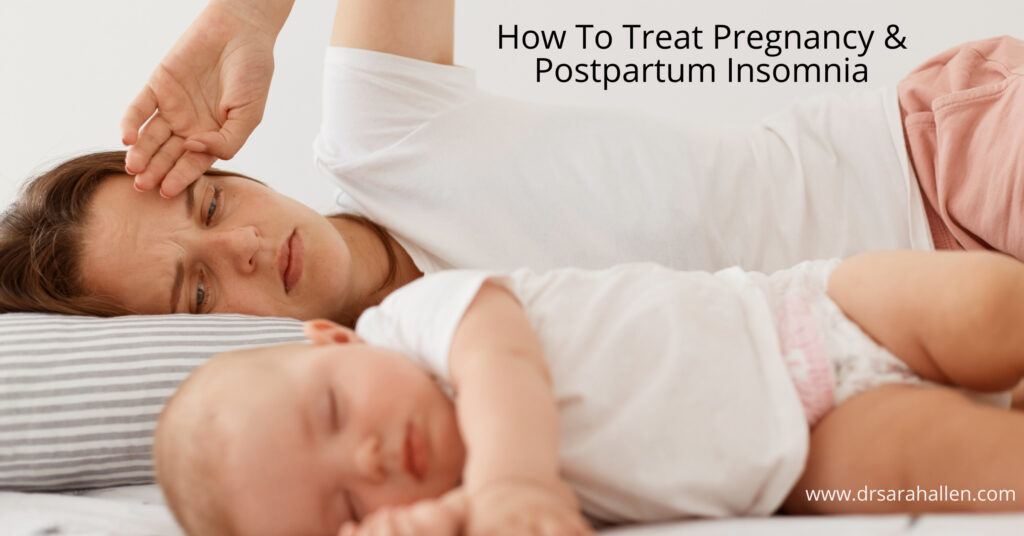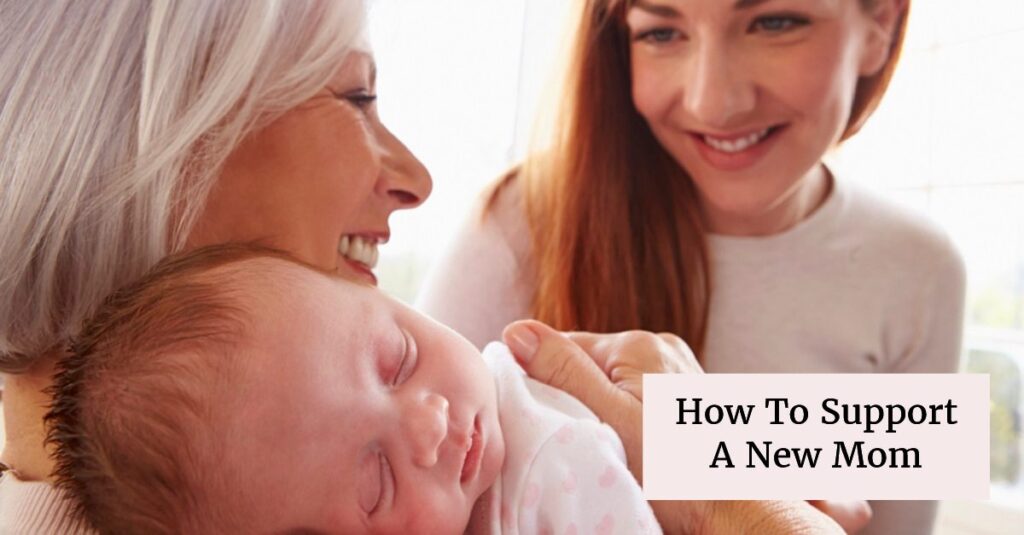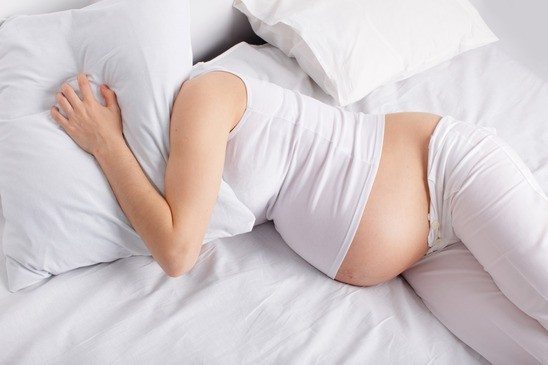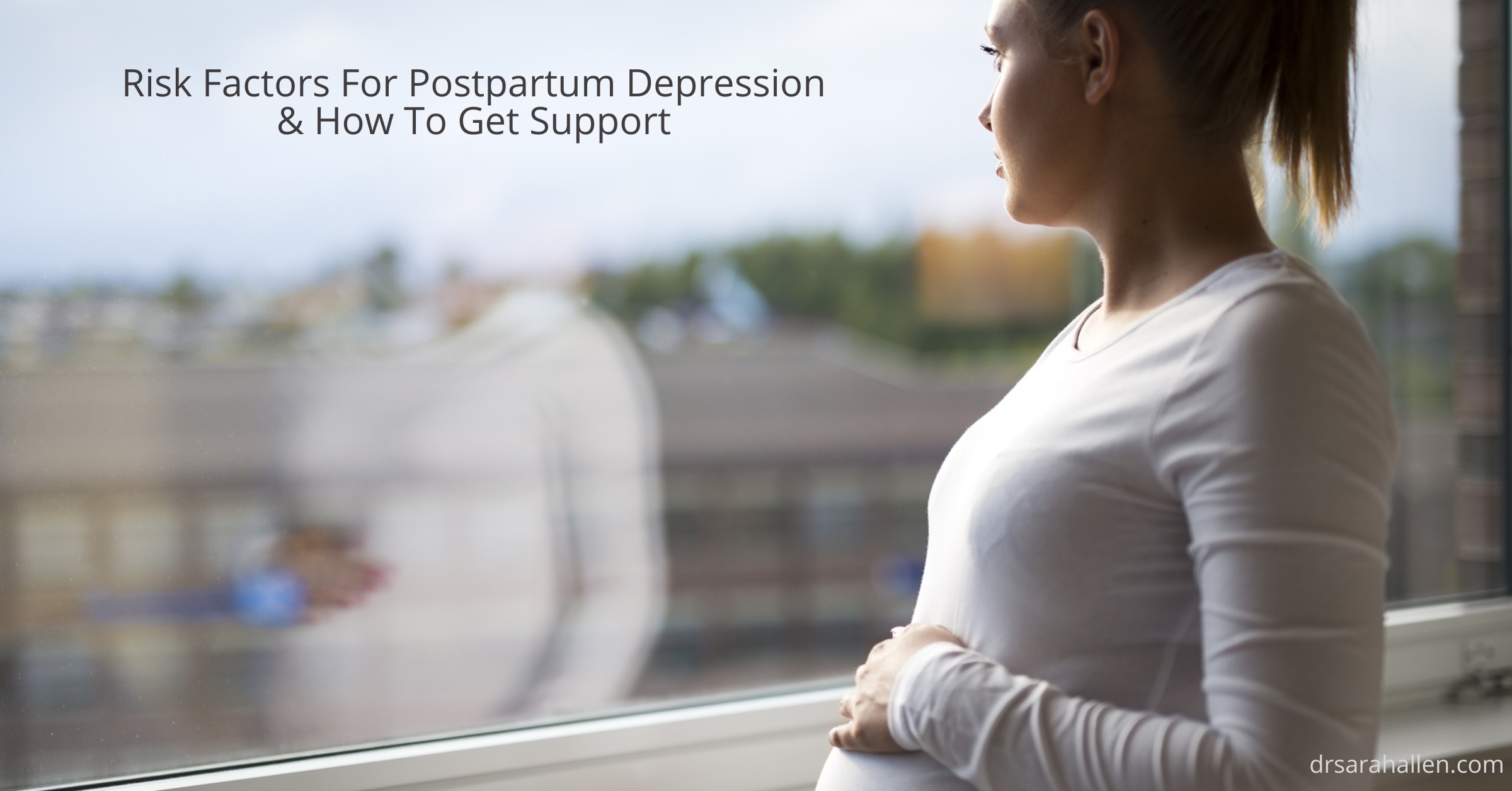
Postpartum depression (PPD) is a mental health condition that affects many new mothers after giving birth. With hormones in flux, lack of sleep due to caring for a newborn, and the enormous responsibility that comes with parenthood, it’s not surprising that PPD can be a common occurrence. However, it’s essential to understand the risk factors, recognize the signs, and know where to turn for support to ensure the well-being of both the mother and her loved ones.
PPD is experienced by an estimated 15% of women during postpartum, making it essential to address the topic and break the stigma surrounding it. Through knowledge and understanding, we can help elevate the conversation about postpartum depression, equipping new mothers and families with the resources they need to cope and seek appropriate care.
In this article, I will discuss what postpartum depression is and delve into its various risk factors. Additionally, I will explore the importance of seeking help from mental health professionals specializing in maternal mental health and provide guidance on finding support when faced with PPD symptoms.
Postpartum depression is a form of clinical depression related to pregnancy and childbirth. It is a complex condition with no distinguishable single cause. The symptoms typically begin within the first few weeks after delivery but can appear anytime within the first year of postpartum care. Some common symptoms of PPD include feelings of extreme sadness, anxiety, guilt, irritability, and even possible thoughts of self-harm or harm to the newborn child.
Risk factors for developing postpartum depression can come from various sources, including hormonal changes, genetic predisposition, and environmental circumstances. By educating new parents on these risk factors, we can effectively work toward prevention and early intervention for those affected by PPD.
To better support new mothers experiencing postpartum depression, it is crucial to empower them with the necessary resources, tools, and a strong support network. In the final section of this article, we will explore how to find support and therapy with mental health professionals specializing in maternal mental health. The journey toward healing begins with acknowledging your symptoms and knowing that help is available.
Understanding Postpartum Depression (PPD)
Postpartum depression is a mental health condition experienced by some women after giving birth. While many new mothers experience mild “baby blues,” PPD is more severe and long-lasting. It’s characterized by persistent feelings of sadness, guilt, hopelessness, and difficulty bonding with the baby. Unlike the ordinary baby blues, which tend to subside within a few weeks, PPD symptoms can last for months or even years if left untreated. Some of the common symptoms of PPD include:
– Persistent sadness, anxiety, or mood swings
– Excessive crying or irritability
– Difficulty sleeping or concentrating
– Loss of interest in daily activities
– Loss of appetite or overeating
– Fear of being a bad mother
– Thoughts of self-harm or harming the baby
– Isolation from family and friends
Risk Factors for Postpartum Depression
There are several risk factors associated with postpartum depression, ranging from genetic and biological influences to environmental and situational stressors. Some of the most common risk factors include:
Hormonal Factors: During pregnancy, the body undergoes significant hormonal shifts, which can contribute to mood changes and the development of PPD. After birth, hormone levels can drop dramatically, exacerbating emotional imbalances and contributing to the onset of depression. Women who are sensitive to hormonal changes around their periods and experience Premenstrual Dysphoric Disorder are more at risk of PPD.
History of Mental Health Issues: Women with a history of depression, anxiety, or other mental health disorders may be at a higher risk for developing PPD. This may be due to genetic vulnerabilities or prior struggles in managing stress and emotional well-being.
Traumatic Birth Experience: Complicated pregnancies, birthing complications, or other adversities during childbirth can increase the risk of developing postpartum depression. These experiences can lead to feelings of guilt, inadequacy, or trauma, contributing to the onset of PPD.
Social Support: A lack of social support from family, friends, or partners during the postpartum period can heighten the risk of developing PPD. Emotional and practical support is crucial during this challenging time for new mothers.
Sleep Deprivation: The constant care required for newborns can lead to significant sleep deprivation, which can take a toll on mental health. Exhaustion can exacerbate feelings of irritability, sadness, and depression.
Biological Factors: Having multiple births, like twins or triplets and the likelihood of experiencing PPD increase for women under 20 years old. Research also shows links between biomarkers for inflammation, elevated stress hormones, like cortisol and thyroiditis.
Environmental Stresses: Having a baby with special needs (premature birth, medical complications) or that cries more than usual or is hard to comfort are risk factors. Financial stressors, family problems, death of a loved one also increases risk.
Finding Support and Seeking Therapy
Recognizing the signs and symptoms of postpartum depression is the first step toward seeking help. It’s crucial to reach out to a mental health professional who specializes in maternal mental health. Professionals specializing in this field have the unique expertise and understanding of the various challenges, emotions, and experiences commonly faced during the postpartum period.
- Talk to Your Healthcare Provider: Your obstetrician, midwife, or primary care doctor can be a valuable resource for addressing postpartum depression. They can ask you questions about your symptoms, provide a referral to a mental health professional, or offer additional support and resources.
- Reach Out to a Mental Health Professional: Working with a mental health professional specializing in maternal mental health can help you better understand your situation and develop an individualized treatment plan. This may include therapy, medication, or a combination of both.
- Connect with Support Groups: Many local and online support groups exist for women experiencing postpartum depression. These groups can offer a safe and supportive environment where you can share your experiences and learn from others who are facing similar challenges.
- Involve Your Partner and Loved Ones: Share your feelings and experiences with your partner, friends, and family members. They can provide emotional and practical support through your journey, and their understanding of your situation can make a significant difference in your recovery.
Managing Postpartum Depression through Self-Care
In addition to seeking professional support, it’s essential to practice self-care during the postpartum period. Prioritizing yourself and incorporating self-care strategies can help improve your mental well-being and manage postpartum depression symptoms.
- Set Realistic Expectations: It’s natural to feel overwhelmed during this phase. Recognize that it’s okay to ask for help and delegate tasks when needed. Try not to compare your experience with others or strive for unrealistic expectations of what you “should” be doing as a new mother.
- Rest and Sleep: While it may be challenging, prioritize rest and sleep when possible. Sleep is crucial for mental well-being, so find ways to take naps when the baby is sleeping or ask a loved one to help care for the baby while you rest.
- Engage in Physical Activity: Exercise has been shown to have benefits for mental health. Incorporate gentle exercises like walking, yoga, or stretching when you feel ready. Listen to your body and consult with your healthcare provider to ensure an appropriate exercise regimen.
- Eat a Balanced Diet: A healthy diet can help boost energy levels and improve overall mental health. Incorporate fresh fruits, vegetables, lean proteins, and whole grains into your daily meals. Avoid skipping meals and stay hydrated.

Dr. Sarah Allen has 25+ years of experience in private practice helping women to transition to being the mom they want to be. She is the Founding Director of the statewide non-profit Postpartum Depression Alliance of IL. She also specializes in pregnancy loss & infertility & has published research on postpartum depression and traumatic childbirth.
If you would like to work with Sarah, please phone her at 847 791-7722 or on the form below.
If you would like to read more about me and my areas of specialty, please visit Dr. Sarah Allen Bio. Dr. Allen’s professional license only allows her to work with clients who live in IL & FL & the UK and unfortunately does not allow her to give personalized advice via email to people who are not her clients.
Dr. Allen sees clients in person in her Northbrook, IL office or remotely via video or phone.

What Can I Read That Helps Me While I Am Waiting For My First Appointment With Sarah?
If you feel that you may be experiencing pregnancy or postpartum mood disorder, or worry that you may be at risk of developing it, please download my free booklets below.
See each specific webpage to download one or many.
